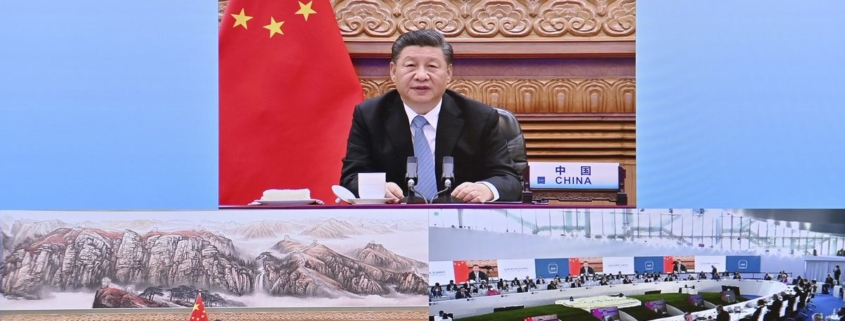Pentagon dismisses Donbas offensive as ‘anemic, tepid, uneven, and risk averse,’ as Russia prepares to annex the region
‘ANEMIC, TEPID, UNEVEN, RISK AVERSE’: The Pentagon is describing Russia’s halting in Ukraine’s eastern Donbas provinces as making “minimal progress at best,” with “minor gains” east of the northern cities of Izyum and Popasna, only to give ground back in the face of fierce Ukrainian counterattacks.
“What we saw there in Popasna is not unlike what we’ve seen in other hamlets in the Donbas. They’ll move in and then declare victory, and then withdraw their troops, only to let the Ukrainians take it back,” a senior defense official told reporters yesterday. “So, very, very cautious, very tepid, very uneven work by them on the ground, and in some cases, quite frankly, the best word to describe it would be ‘anemic.’”
In the past few days, Ukrainian forces succeeded in pushing Russian troops farther away from the northern city of Kharkiv, once Ukraine’s second largest. “They have managed to push the Russians out about 40 kilometers to the east of Kharkiv,” the official said, which is beyond the range of many artillery systems. “They’re pushing them back, so back into areas of the northern Donbas region, but away from Kharkiv, so an incredible effort there.”
“They’re still suffering from poor command-and-control, low morale in many units, less-than-ideal logistics,” the official said. “They still have not solved all their logistics problems, and quite frankly, there’s a casualty aversion, a risk and casualty aversion that we continue to see by the Russians now, not just in the air, but on the ground.”
RUSSIAN MILITARY’S ‘CASUALTY AVERSION’ LEADING TO ‘ANEMIC’ GAINS, PENTAGON SAYS
RUSSIA TO ANNEX TERRITORY AS FIGHTING STILL RAGES: Desperate to declare success before next Monday’s World War II Victory Day celebration in Moscow, Russia is planning to declare domain over all the Donbas, based on what the U.S. says would be sham elections.
“We believe that the Kremlin may try to hold sham referenda to try to add a veneer of democratic or electoral legitimacy, and this is straight out of the Kremlin’s playbook,” said Michael Carpenter, U.S. ambassador to the…



